Occupational therapists and speech language pathologists are able to provide objective, standardized assessments to determine the characteristics that most align with dyslexia, dysgraphia, convergence insufficiency, visual tracking and auditory processing. Dyslexia Center of Tulsa serves children ages 5.5-17. Upon anaysis of the assessment batteries you will receive a written report that will indicate each assessment battery results to include standardized scores, percentile ranks, age and grade level specific to the area assessed. Our assessments are not for diagnostic purposes but rather for the development of individualized treatment intervention to ensure reading success. We suggest you provide your primary care physician a copy of the report for their determination of diagnosis.
Primitive Survival Reflexes – Why do we test for this?
Primitive Survival Reflexes are normal reflexes. As infants to young toddlers they contribute to normal development. When milestones are mastered they are no longer necessary as our system becomes fully integrated. When the reflexes are not integrated often they have characteristics similar to dyslexia such as difficulty with writing, reading, fidgeting, visual perceptual difficulties (letter reversal /b/ & /d/) and difficulty with memory. Occupational therapy intervention can integrate the reflexes to extinguish or diminish the characteristics that interfere with reading success.
Sensory Integration- Why do we test for this?
Difficulty to process information due to sensitivity to noise, motion, textures and the over all environment can greatly interfere with everyday learning. The ability to increase concentration, focus and attention is essential for reading success.
Auditory Working Memory – Why do we test for this?
Deficits in Auditory Working Memory can affect one’s ability to accurately store or act on discrete information that is heard. For example, deficits in this area can make it difficult to follow verbal directions accurately and fully.
Visual Working Memory – Why do we test for this?
Deficits in Visual Working Memory can affect one’s ability to accurately store or act on discrete information that is seen. For example, deficits in this area can make it very difficult to learn words using flash cards.
Modality Processing – Why do we test for this?
Identifying specific difficulties and/or strengths in one or more of the following areas is critical to understand how a person can learn best:
Say what is Heard
Say what is Seen
Write what is Heard
Write what is Seen
Visual Perception – Why do we test for this?
Deficits in Visual Perception can affect one’s ability to process information that is seen, even if eyes are healthy and acuity is 20/20. For example, deficits in this area can make it difficult to interpret geometry problems or to quickly identify letters that look similar.
Visual-Motor Integration – Why do we test for this?
Deficits in VMI can affect one’s ability to write detailed information accurately. For example, copying from the board, lining up math problems, and handwriting may be challenging.
Phonological Awareness – Why do we test for this?
Deficits in this area can make it hard to work with and discriminate among the sounds that make up words (phonemes and syllables). If such deficits are not directly addressed, the ability to read and spell phonetically will be adversely affected.
Sight Word Retention – Why do we test for this?
Deficits in this area can make reading and spelling from memory difficult.
Reading & Spelling – Why do we test for this?
An accurate analysis of reading and spelling of words in isolation is necessary, not only to diagnosis the type and severity of dyslexia that may be present, but also to identify where to begin in the Orton-Gillingham based Wilson Reading Program
Reading Comprehension, Fluency – Why do we test for this?
An accurate analysis of high-level reading skills are also part of the diagnosis of dyslexia, and are necessary to identify where to begin in the Orton-Gillingham based Wilson Reading Program.
Is a full evaluation the next step?
Nessy’s Dyslexia Quest fun and accurate game will accurately identify areas of struggle required for reading success.

